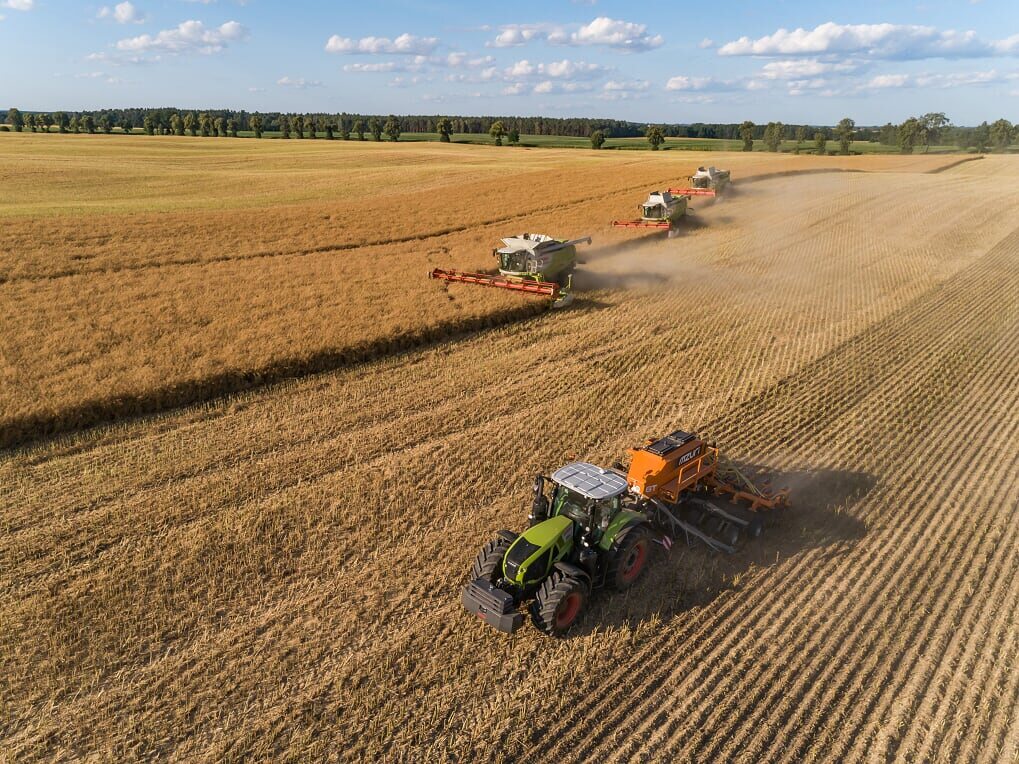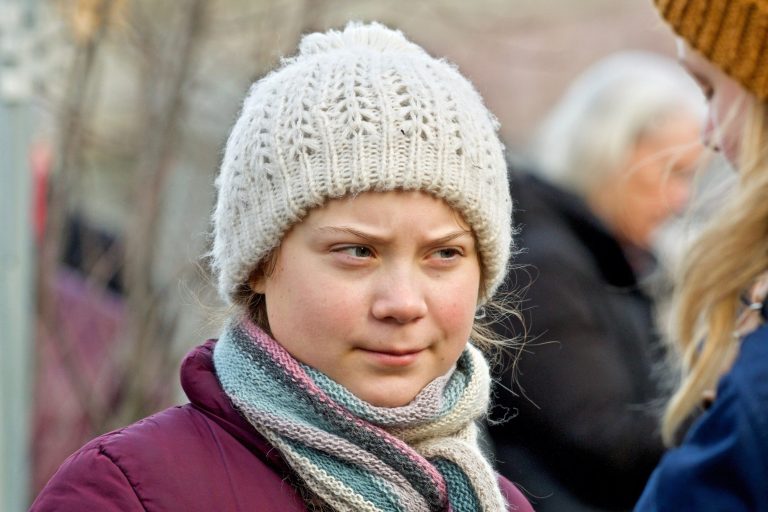The smell of the countryside is not so healthy. Europe’s isolation has revealed a surprising source of urban air pollution

There are fewer exhaust fumes in cities, but the air quality is not improving. The cause is emissions of toxic substances generated by agriculture. The homely smell of the countryside is not as healthy as it may seem.
Governments across Europe are struggling to contain the spread of the COVID-19 pandemic. Road traffic is reduced dramatically and city dwellers experience fresher air. But the lack of diesel exhaust also exposes city dwellers to emissions they are not accustomed to: those coming from fields.
Last weekend in Brussels, many residents reported a strong smell of manure. “I thought I was on a farm,” one Belgian told RTL Info. While some Brussels residents felt nostalgic for the romantic vision of rural life, others began to complain about certain symptoms: “When I opened the window, my eyes burned,” said one resident of Molenbeek, a commune in the northwest of Brussels. – “I also had a terrible headache.”
As it turns out, the use and storage of manure in fields is a significant source of ammonia, a highly polluting gas that threatens our ecosystems and causes irritation when inhaled. When wind blows it over cities, ammonia reacts with nitrogen oxide (NOx) compounds from diesel vehicles and sulfur (SO2) from power plants to form tiny particulate matter less than 2.5 micrometers in diameter, known as PM2.5.
This is one of the most dangerous forms of air pollution: PM2.5 particles can penetrate deep into the respiratory tract and cause lung and circulatory system diseases, heart attacks and cancer, affect the central nervous system and affect the reproductive organs.
According to Clean Air Farming, an international project supported by the European Environment Bureau (EEB) to reduce emissions from agriculture and food waste, these tiny particles were responsible for 391,000 deaths. premature deaths in the EU in 2015. This is why ‘rural’ ammonia emissions alone account for half of the disastrous health impact of polluted air in urban areas.
The feelings of the people of Brussels were not just impressions. Air pollution data collected by the Belgian Interregional Environment Agency showed an increase in PM2.5 particles. On these days, many more of them were registered throughout the country, also in cities. This didn’t surprise anyone. In early spring, farmers use more of the manure they saved over winter to fertilize their fields.
Last month, the same problem was reported in Milan. There, the increase in fine particulate matter was associated with increased ammonia emissions from intensive animal husbandry and fertilization in the Po Valley. The same thing was observed in Paris, where residents reported a strong “country smell” that began in the days when the coronavirus lockdown began and traffic pollution dropped.
The situation seems hopeless. Because while emissions from agriculture are particularly responsible for urban air pollution, there is still no EU legislation to reduce their impact on air quality.
Margherita Tolotto from the European Environment Bureau (EEB) said: “Air pollution is harming us all, affecting our health, threatening ecosystems and also affecting our crops. Reducing emissions at source will benefit everyone. Every sector, including agriculture, must do its part and work together for cleaner air. We have a chance to create solutions in agriculture that will function in harmony with people and nature, not against them.






